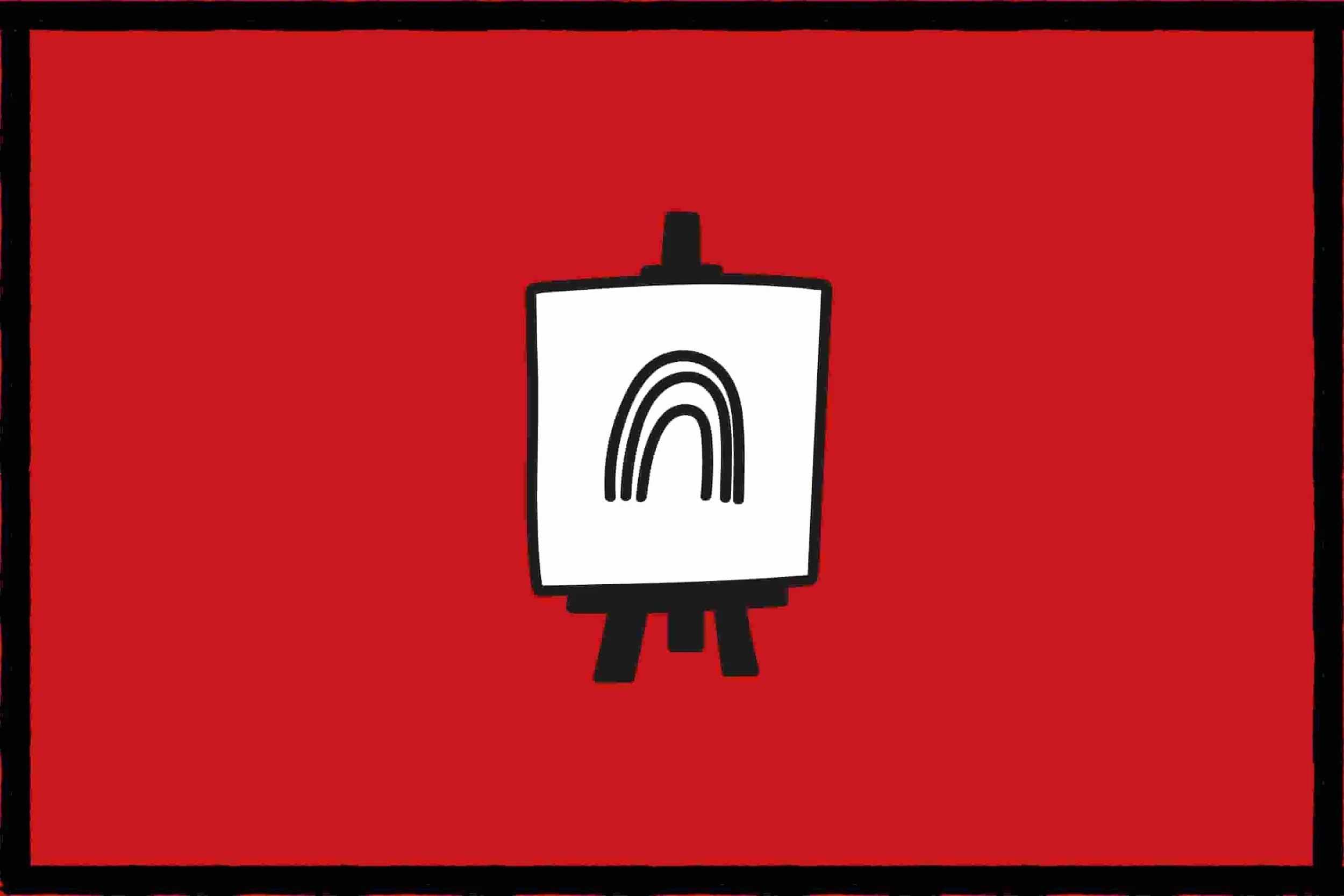Build A Skill For Income, Invest The Rest For Freedom
“Build where you’re best, bet where you aren’t.”
Figuring out how to spend your time at the beginning of your career is really hard.
If you’re like me, you’re curious about a lot of different things. And it’s easy to get distracted by the latest trend or emerging field. You may find yourself constantly jumping from one project to the next - chasing one shiny object after another but never finishing anything.
This is a bad idea because skills compound just like money. You want to compound the same set of skills for decades to become the best at what you do.
But at the same time, you also want to expose yourself to the very real upside in other industries.
How can you do both?
Visual designer and entrepreneur, Jack Butcher, has a tweet that articulates the solution perfectly:
“Build where you're best, bet where you aren't.”
Let’s break this out…
Find Something You’re Good At That Makes You Money.
First, you want to build a small set of skills that can make you money. These should be skills inside your circle of competence - an industry or area of expertise you know really well.
It should also be something you’re already pretty good at. If you’re a great writer, figure out a way to use that skill in an area with huge upside - something like copywriting or brand advertising. Don’t try to become a graphic designer if you’re already a great writer - double down on what you’re already good at.
Investor and entrepreneur, Auren Hoffman, writes in a blog post, To improve, focus on your strengths (and ignore your weaknesses):
“The best improvement strategy is to focus not just on your strengths … but on just 1 or 2 strengths. Focus, focus, focus on making your strongest traits even stronger. Especially once you are over 30 and you have more of a clear assessment of your skills and abilities… If you are a terrible public speaker but great at communicating by writing, then focus on getting even better at writing. Strive to become the clearest writer in the world.”
Stack Skills To Set Yourself Apart.
To get paid really well for your skills, get into the top 25 percent at two or three things. Then, stack them onto each other. Cartoonist Scott Adams calls this skill stacking.
Adams says that instead of trying to be the best at 1 thing, you should try and become very good at two or more things. Very good means that you’re in the top 25% in that field. That’s the 25% rule.
Adams explains that he was never the best at drawing, but he was better than most people (top 25%). He wasn’t the funniest person alive, but he was funnier than most people (top 25%).
Combine those two attributes with a business background and a history of working in an office, and you have the unique creation of the Dilbert comic strip that made him millions.
Don’t Trade Time For money. Use your Skill To Create A Product Instead.
Ideally, you use your skills to create something valuable - an asset or product that you can then sell. You don’t want to exchange time for money. This is okay when you’re starting off, but once you’re into your 30s and getting very good at just a few things, figure out how to productize yourself.
You want to build assets that work for you after you’re finished working on them. These are systems, assets, media, and code that keep chugging along with uncapped upside when you’re finished with them.
Only exchange as much time for money as you need to survive. Otherwise, work on stuff that works for you.
Bet Your Money By Investing In Areas of High Growth.
Once you get really good at something and get paid well for it, you want to invest that money in other high-growth industries or emerging trends in your own industry.
Don’t try to switch industries. Unless you have the freedom of time and money to start at ground zero in a new field, you’re just chasing shiny objects.
Instead, keep getting better and better at the 2 or 3 skills you’ve chosen to master. Then invest your money in competent people and profitable companies with great upside in other spaces.
Actor Ashton Kutcher is a great example of this. After becoming incredibly good at a difficult skill (truthfully playing other humans), he didn’t go out and try and become a founder in the tech industry.
Instead, he invested his capital in great people doing useful things, winning big on early bets in Uber and Airbnb.
Here’s Kutcher on his investing process:
“I spend a lot of time thinking about new and simpler ways to do things, but don’t have enough time to execute on all those ideas… So I found people who were executing on them and invested in their success.
This is what countless actors, athletes, and creators have done once they’ve found success at one or two things.
Time is the biggest limiting factor for any single person. Use it to get very good at a skill to make money, then invest that money in other areas so you own equity and upside.
“Build where you're best, bet where you aren't.”
It’s that simple.
For a complete overview on how to make good bets, check out my article: Making Good Bets: Positioning, Timing, and Patience. Thanks for reading!
If You Want More Ideas Like This, Follow Me On Twitter And Subscribe To My Newsletter:
SOURCES
Ashton Kutcher quotes: https://www.scmp.com/magazines/style/celebrity/article/3107448/ashton-kutcher-invested-early-uber-and-airbnb-and-turned
Auren Hoffman quote: To improve, focus on your strengths (and ignore your weaknesses)
Jack Butcher quote: https://twitter.com/jackbutcher/status/1403794989478551554





